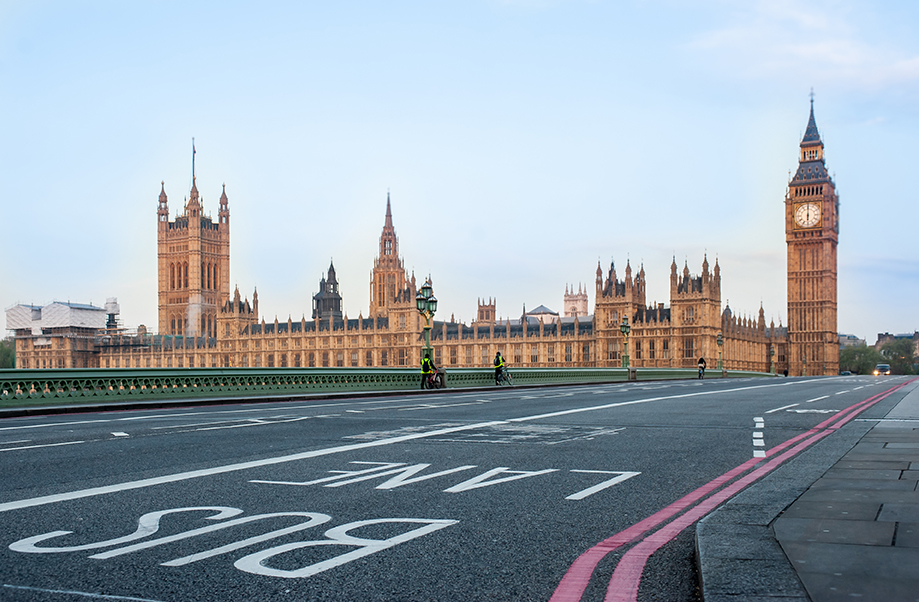During the pandemic, roads have been closed to make social distancing easier and to create more outside space for businesses to operate. It has set a strange and unforeseen precedent during the UK’s strategy against COVID-19, and now raises concerns that road closures could pose a permanent issue, especially for the City of London.
We have seen streets become pedestrianised across the country, effectively prohibiting cars from entering some of the UK’s busiest thoroughfares and popular suburban routes. These quick decisions were taken without consultation in ‘uncertain times’. The intention was to encourage novice cyclists to use quieter streets, whilst providing pedestrians wider pavements to aid social distancing efforts and to allow larger outside drinking areas for pubs and cafes. Changes were made hastily to align with the new rules that were regarded as necessary by many, in order to keep us safe.
Black Cabs Battle To Use Roads
Recently, after a case was brought by representatives of London’s black cab trade, Mrs Justice Lang in the High Court in London, ruled that many of these road closures are, in no uncertain terms, unlawful.
Social distancing is still possible in many areas that haven’t been pedestrianised or designated cycling only areas. Turning areas of London into ‘car-free zones’ will affect drivers throughout the city, and no doubt impact on private hire and taxi drivers in a way that truly is unprecedented.
An increase in cycling zones certainly has a valuable part to play in the environmental sustainability of London. However, a government should not sustain changes made during a crisis for that reason. Consultation is essential to making sure these decisions don’t affect drivers’ abilities (professional or otherwise) to move around the city.
The actual effect of these decisions on London is yet to be seen. ‘Low-traffic areas’ are intentionally in busy and built-up areas, which could be disastrous for residents and travellers post-pandemic. Worryingly, most sources say that this hasn’t been adequately considered. And that pollution is also on the rise due to the higher levels of congestion, with cars pumping out fumes whilst sat in longer queues of traffic.
In November, the department for transport announced £175 million to expand low-traffic areas in England. That is in addition to £250 million allocated in May to fund temporary road changes. However, ministers have promised that the funding was given with strict conditions. This includes the need for councils to show evidence of thorough consultation. Decisions must be audited 6 to 12 months after being put in place to ensure that they aren’t having an ‘adverse impact on communities’.
A fear is that the emphasis is on local communities, not on the city-wide community that depends on our roads. Much less the private hire and taxi communities depend on access to certain areas or routes to do their job day-in-day-out.
Court Victory For The Black Cab Trade
The UTAG (United Trade Action Group) and LTDA (Licensed Taxi Drivers’ Association) took action over the plan outlined by Sadiq Khan. They put forward the motion that the government should distinguish private hire vehicles and taxis from ‘general traffic’. They provide an essential public service – particularly for people with mobility issues. Anything that hinders the private hire or taxi drivers’ ability to flow throughout the city is a massive blow to the profession.
The UTAG and LTDA highlighted an order restricting vehicles through Bishopsgate in the City of London. Mrs Justice Lang said that this wasn’t a rational response to the Covid-19 pandemic.
Measures like these made in haste and sustained without serious consideration put our economy’s survival at risk post-pandemic, creating a worse situation than when covid-19 hit. After everything we have been through (not to mention the money lost by private hire and taxi drivers), drivers should at least be allowed to travel through their cities freely.


